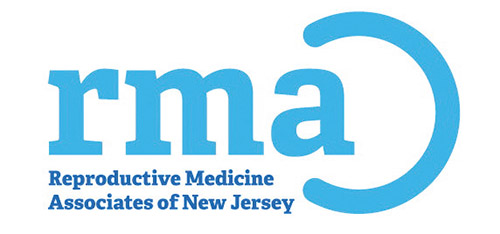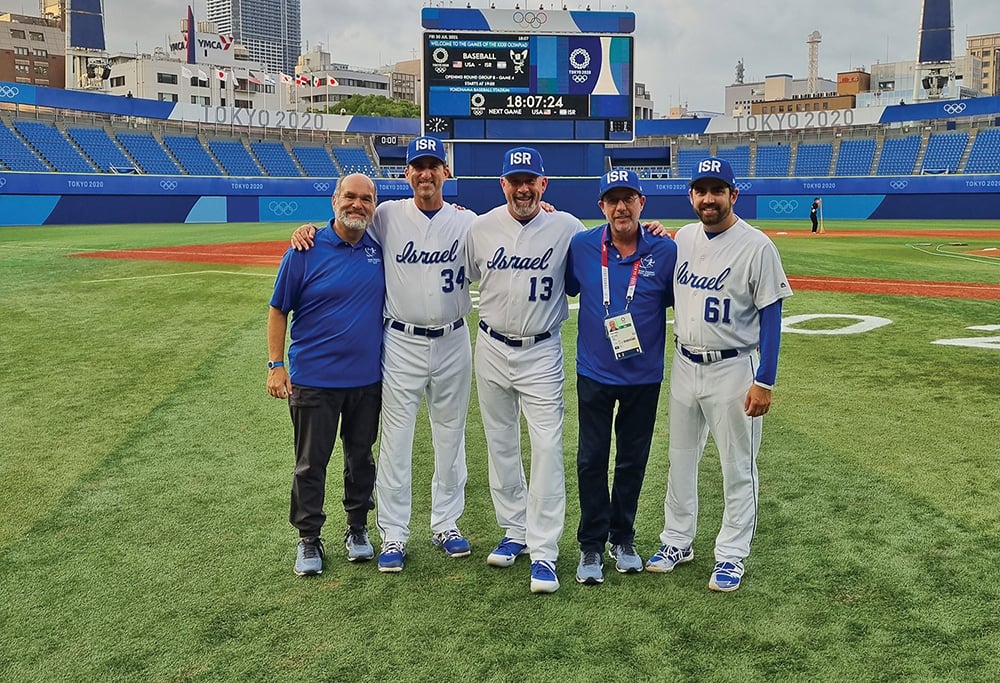
Dear Dr. Maslow,
My wife and I have been trying to conceive for the past few years. We were one of the first of our friends to get married, and now we are the only ones without children. We are healthy and in our early 20s. It’s so painful to hear people tell us “just relax” or wrongly assume we are purposely “taking our time.” If I’m honest, we haven’t sought help for many reasons.
On the one hand, will we be judged for being “so young”? Maybe the doctor will think we are overreacting? On the other hand, we’re terrified we might learn that one of us has something terribly wrong and we’ll never achieve our dream of having a family.
Maybe this is just God’s way of telling us we’re not ready to have a child?
Signed,
Ready/Not Ready
Dear Ready/Not Ready,
Despite how lonely you feel, you are not alone.
I see couples like you and your wife every day, and for every one, I know there are still others waiting. The beautiful thing about communities like ours is that we are never really alone, but being childless definitely carries a unique pain. Those who are telling you to “relax” probably mean well. I’d like to think they see your pain and just want to do something, anything, to make it better. For others, it’s easier to pretend someone doesn’t want something than to grapple with the pain they may be experiencing without it.
But you know who should be able to acknowledge and sit with you in your pain?
An infertility doctor.
When I graduated from medical school, I took the Oath of Maimonides instead of the Hippocratic Oath. Maimonides’ crux is “May I never see in the patient anything but a fellow creature in pain.”
No matter who they are, where they come from or what year they were born, the patients who sit in front of me are in pain. It is my duty to recognize that, validate it and use all the tools at my disposal to alleviate their strife.
The truth is that in your case there is likely something wrong.
Pregnancy rates for couples in their 20s and early 30s are only 20-25% per month. That stat is often surprisingly low to most people. It accounts for the many variables needed to fall into place for a pregnancy to occur. But 60% of young couples will conceive within six months, and 85% within 12 months without the assistance of fertility treatment. Which is why it’s typically recommended to see a fertility specialist if the female partner is under 35 and has been unable to get or stay pregnant after one year of trying. Something is getting in the way, and no amount of relaxation will change that.
However, it is not a cause for despair. We live in an incredible moment for reproductive medicine. We now view diagnoses we were utterly powerless to treat 50 years ago as straightforward. There have been millions of families created in previously unimaginable ways. In medicine (and perhaps, in life) knowing what is wrong is always better than not knowing. I am humble enough to know that I cannot always predict how easy the road to a family may be for my patients. I can walk alongside them with hope and optimism.
It is tempting to throw our hands in the air and call infertility “the will of God.” Generally, the Jewish faith takes the opposite approach. Well before the U.S. healthcare system had done so, the Jewish community recognized infertility as an illness, an affliction to be treated like any other. As the Talmud tells us, the verse “and you shall surely heal – v’rapoh yirapeh” means that God gives physicians the directive to heal. Rashi sends the message home: “We do not say that God harms so He Himself will heal.”
I do not pretend to know what messages God is or is not trying to send you. Still, it seems pretty clear that He doesn’t intend for you to suffer from infertility silently.
Just like we are encouraged to be proactive about fulfilling the commandment of “pru u’rvu – to be fruitful and multiply,” it is crucial to participate actively in our healing. Living in a community where having children plays a prominent role can lead to terrible pain. Still, it has also led to a commitment to support the miracles of reproductive technologies. Even if, at times, it may not feel like it, I assure you that your entire community (albeit
occasionally silent or misguided) is pulling for your success!
Ready or not, taking that first proactive step can be difficult. It is undoubtedly the right one and should be met with the same Maimonidean respect deserving of “any creature in pain.”
Dr. Bat-Sheva L. Maslow, MD, MSCR, is a reproductive endocrinologist and fertility specialist at Reproductive Medical Associates (RMA) of New Jersey. She is an active member of the Orthodox community and answers questions on the intersection of reproductive medicine and Jewish life.
Dr. Maslow currently sees infertility and fertility preservation patients at RMA New Jersey’s Englewood and Basking Ridge locations. See www.rmanetwork.com/NJ for details or to schedule an appointment. You can learn more about Dr. Maslow and her educational projects on her website www.batshevamaslowmd.com and @blmaslowmd on Instagram.












